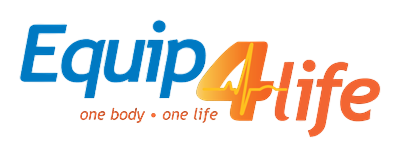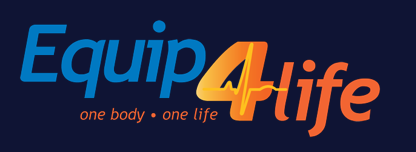A Data Hub is a system that collects all the information resources under a one umbrella and provides unified access to this info. It is an progressive solution that addresses most of the challenges connected with common storage alternatives like Data Lakes or perhaps DWs — data troj here are the findings loan consolidation, real-time querying of data and even more.
Data Hubs are often put together with a regular database to handle semi-structured info or go with data avenues. This can be attained by using tools such as Hadoop (market leaders – Databricks and Apache Kafka), as well as a traditional relational databases like Ms SQL Storage space or Oracle.
The Data Link architecture logic includes a central storage that stores raw data in a file-based data format, as well as any transformations necessary to make that useful for customers (like data harmonization and mastering). It also incorporates an the use layer with various end things (transactional applications, BI systems, machine learning training application, etc . ) and a management part to ensure that this is constantly carried out and ruled.
A Data Hub can be integrated with a variety of tools just like ETL/ELT, metadata management or even just an API gateway. The core on this approach is that it allows a “hub-and-spoke” system for data the use in which a set of intrigue are used to semi-automate the process of taking out and adding distributed info from diverse sources and next transforming this into a formatting usable simply by end users. The full solution can now be governed by using policies and access guidelines for data distribution and protection.


Leave A Comment